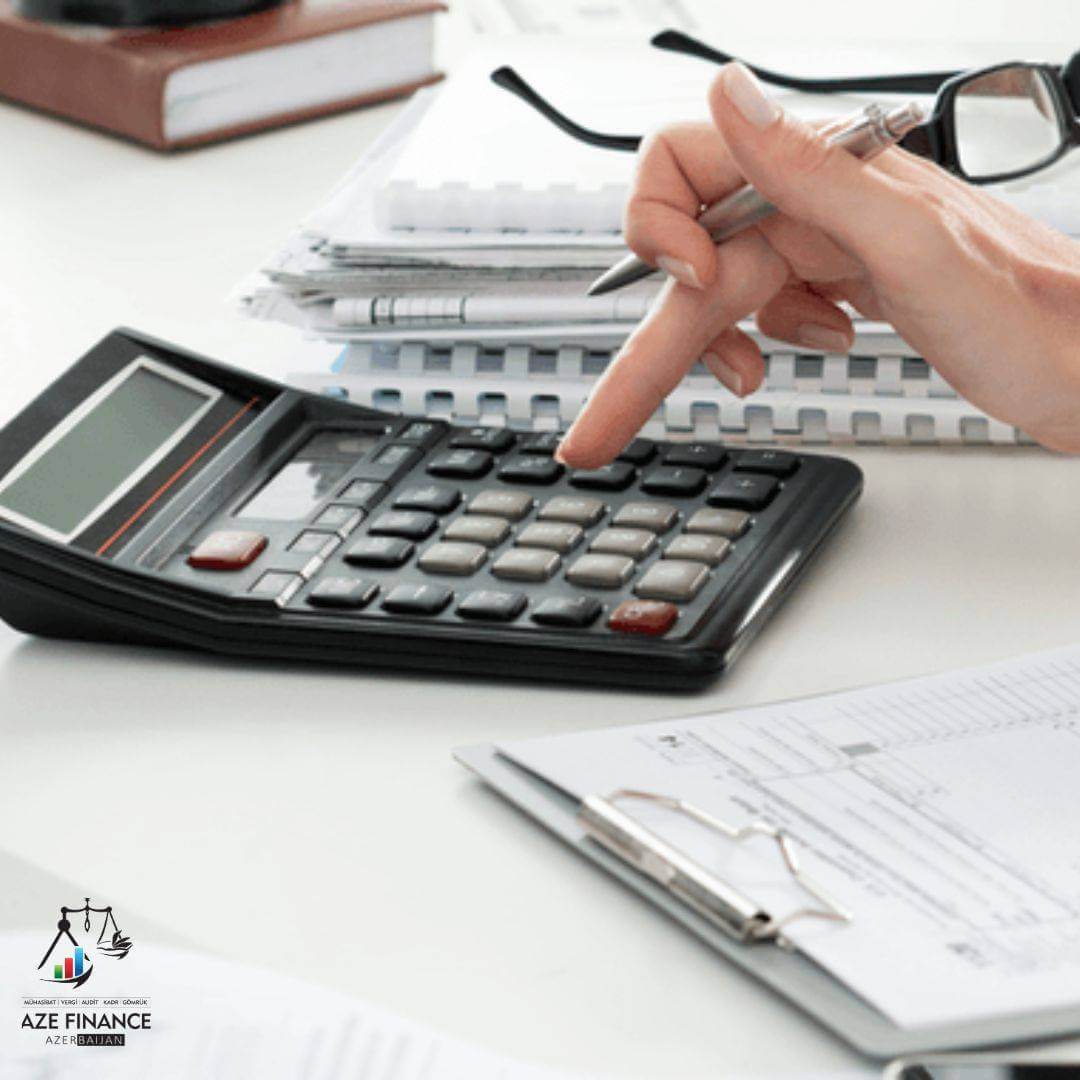Revenue and expense accounting: cash and accrual methods
Revenue and expense accounting: cash and accrual methods

We would like to inform you that, except for expenses that are not deductible from income, all expenses related to the generation of income, as well as mandatory payments specified by law, are deductible from income.
At the same time, the taxpayer is obligated to maintain accurate records of their income and expenses in a timely manner based on documented information in order to accurately reflect the taxable income (profit), and to allocate their income and expenses to the relevant reporting periods in accordance with the accounting method applied, depending on the method used in this chapter.
Micro-entrepreneurs may choose to use either the cash method or the accrual method for accounting income and expenses, while small, medium, and large enterprises use the accrual method.
We would like to inform you that when using the cash method, the time of income realization is when the taxpayer receives cash or, in the case of non-cash payments, when the funds are credited to the taxpayer's account in a bank or to an account that they have the right to control, or when the taxpayer gains the right to receive the specified funds. Additionally, the time of income realization is considered when the taxpayer’s financial obligation is canceled or paid (e.g., when mutual settlements are made or in similar situations).
For the purposes of tax accounting, when the taxpayer uses the cash method, the time of expense realization is considered to be the actual time the expense is incurred, unless otherwise specified in this section. If the taxpayer's financial obligations are canceled or paid (e.g., during mutual settlements or in similar cases), the time when the obligation is canceled or paid is considered the time the expense is incurred.

We would like to inform you that, except for expenses that are not deductible from income, all expenses related to the generation of income, as well as mandatory payments specified by law, are deductible from income.
At the same time, the taxpayer is obligated to maintain accurate records of their income and expenses in a timely manner based on documented information in order to accurately reflect the taxable income (profit), and to allocate their income and expenses to the relevant reporting periods in accordance with the accounting method applied, depending on the method used in this chapter.
Micro-entrepreneurs may choose to use either the cash method or the accrual method for accounting income and expenses, while small, medium, and large enterprises use the accrual method.
We would like to inform you that when using the cash method, the time of income realization is when the taxpayer receives cash or, in the case of non-cash payments, when the funds are credited to the taxpayer's account in a bank or to an account that they have the right to control, or when the taxpayer gains the right to receive the specified funds. Additionally, the time of income realization is considered when the taxpayer’s financial obligation is canceled or paid (e.g., when mutual settlements are made or in similar situations).
For the purposes of tax accounting, when the taxpayer uses the cash method, the time of expense realization is considered to be the actual time the expense is incurred, unless otherwise specified in this section. If the taxpayer's financial obligations are canceled or paid (e.g., during mutual settlements or in similar cases), the time when the obligation is canceled or paid is considered the time the expense is incurred.


